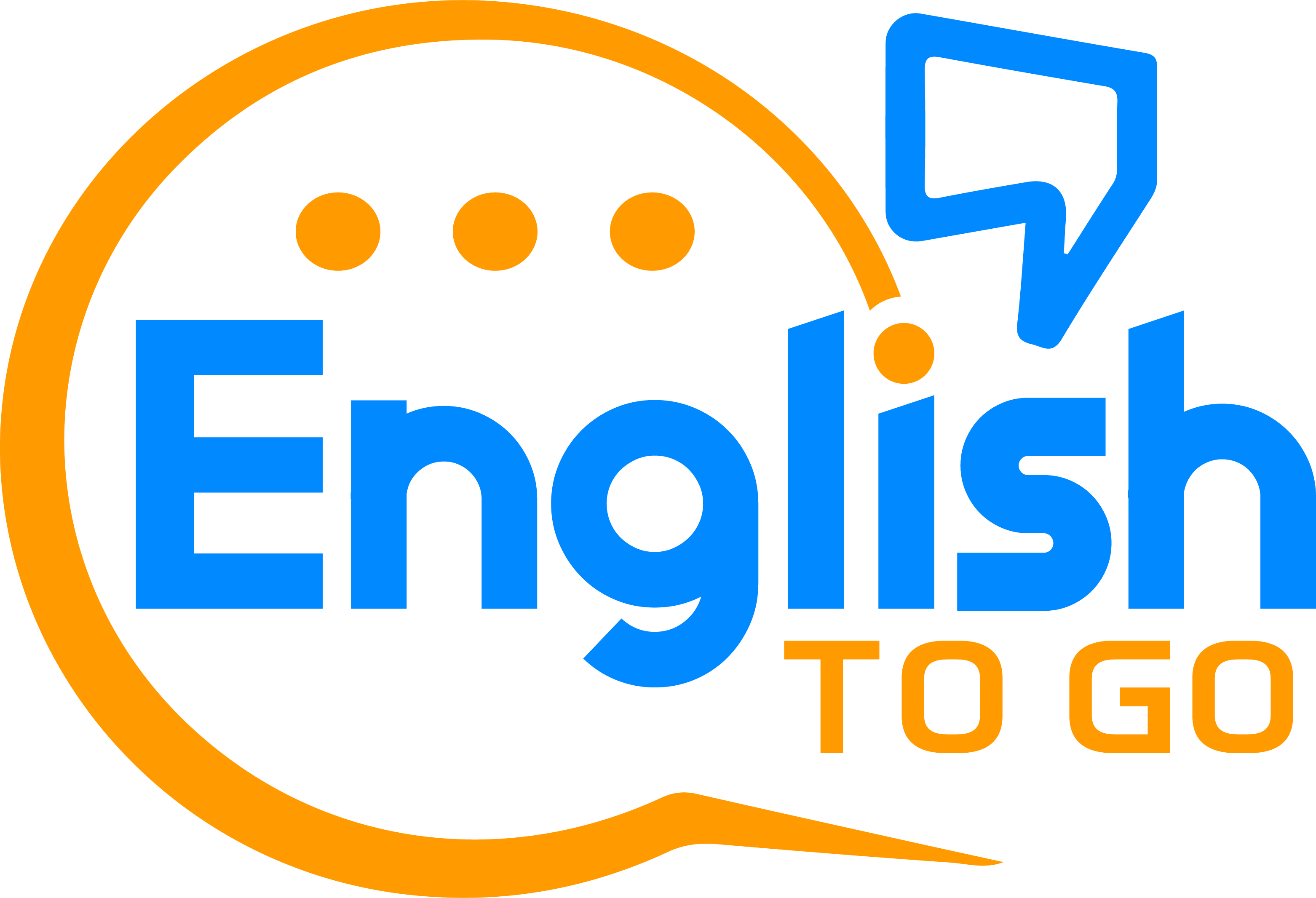In today’s globalized world, the linguistic landscape of the UK workplace is evolving rapidly. For professionals navigating this environment, an understanding of current language trends is not just advantageous but essential. These trends not only reflect the changing demographics of the workforce but also influence communication styles and business strategies. Recognizing and adapting to these trends can be a significant factor in professional success and cultural adaptability within the UK’s diverse work settings.
The Multilingual UK Workplace
The UK’s workforce has become increasingly diverse, leading to a shift in language trends within professional environments. This diversity is a result of a global talent pool, international business relations, and the UK’s multicultural society.
Impact on Language Trends
The growing diversity has brought a variety of languages into the workplace, extending beyond traditional English communication. This change has significant implications for how businesses operate and communicate both internally and with international partners.
The Rise of Bilingualism and Multilingualism
The multilingual dynamic is particularly evident in metropolitan areas and in sectors with a high level of international interaction. In the UK’s professional landscape, there is an increasing appreciation for bilingualism and multilingualism.
Growth in Professional Settings
The demand for bilingual and multilingual professionals is on the rise. Employers value these skills for their potential to bridge communication gaps, tap into new markets, and enhance cultural understanding.
Benefits in the Workplace
Being multilingual in the UK workplace offers numerous advantages:
- Enhanced Communication: Multilingual individuals can communicate effectively with a broader range of clients and colleagues, making them valuable assets in any business.
- Broader Opportunities: Proficiency in multiple languages can open doors to international roles, global projects, and higher-level positions within organizations.
- Cultural Competence: Multilingual employees bring cultural insights that can significantly improve team dynamics and client relationships, fostering a more inclusive and productive work environment.
English Language Trends and Changes
The landscape of English in the UK workplace is witnessing a continuous evolution, reflecting the dynamic interplay between global influences and technological advancements.
Ongoing Evolution in Professional English
The English language within the UK’s professional sphere is adapting to encompass a broader, more international vocabulary. This evolution is not just in the words used but also in their application and context. For instance, the incorporation of terms from different cultures and the adoption of a more global lexicon are increasingly commonplace. This shift is indicative of the UK’s position in a globally interconnected market where diverse cultural and linguistic influences meet.
Global Business Impact on English Usage
The influence of international business has led to the adoption of various linguistic elements in English. This includes not only specific terms and phrases but also communication styles influenced by non-native English speakers. As businesses in the UK increasingly engage with international markets, the need for a more inclusive and adaptable form of English becomes evident. This form of English is more accepting of variations and nuances brought in by speakers from different linguistic backgrounds.
Technological Advancements Shaping Communication
The use of English in professional communication has been revolutionized by technology. The digital era has introduced brevity and informality in many aspects of written and spoken English. For example, the language used in emails, social media, and instant messaging often leans towards being concise and direct, a departure from the more formal styles traditionally used in business communication. Additionally, new technologies have brought in their own set of terminologies, further enriching and expanding the professional English vocabulary.
The Blending of Formal and Informal Styles
There’s a growing trend of blending formal and informal styles in workplace communication. The traditional boundaries between formal business discourse and informal conversation are becoming more fluid, reflecting a more relaxed and accessible approach to professional interactions. This trend is particularly noticeable in companies with a more horizontal organizational structure and those heavily influenced by digital culture.
Language Skills and Career Advancement
In the modern UK workplace, language skills are becoming a critical factor for career advancement. The ability to communicate effectively in multiple languages is increasingly valued across various industries.
Importance of Language Skills for Career Progression
As businesses expand their global reach, the demand for professionals who can navigate different linguistic landscapes is on the rise. Proficiency in additional languages can set candidates apart in the job market, offering them a competitive edge. It not only enhances their ability to communicate with a diverse client base but also demonstrates cultural awareness and adaptability – traits highly prized in today’s globalized business environment.
High-Demand Language Skills in Various Industries
In sectors like tourism, international trade, and diplomacy, fluency in languages such as Spanish, Mandarin, or Arabic is particularly valuable. In tech and finance industries, professionals with strong English skills, coupled with other widely spoken languages, are sought after. The specific demand varies depending on the industry’s geographical focus and client demographics.
Integrating Language Learning into Professional Development
For professionals aiming to enhance their career prospects, integrating language learning into their development plans is a strategic move.
Tips for Incorporating Language Learning
- Set Clear Goals: Define specific language learning objectives that align with career aspirations.
- Consistent Practice: Incorporate language practice into daily routines, such as listening to foreign language podcasts during commutes or reading industry-related materials in the target language.
- Language Learning at Work: Seek opportunities at work, such as participating in international projects or teams, to practice language skills in a professional context.
Resources and Methods for Language Improvement
Online Courses and Apps: Utilize online platforms like Duolingo, Babbel, or LinkedIn Learning for structured language courses that cater to professional needs.
Language Exchange Programs: Participate in language exchange programs, which can be a mutually beneficial way to practice and learn.
Professional Language Training: Consider enrolling in courses specifically designed for business language training, like ETG School’s Business English course, which focus on industry-specific terminology and professional communication styles.
The Future of Language in the UK Workplace
As we look ahead, the linguistic landscape of the UK workplace is poised to undergo further transformations shaped by the forces of globalization and technological advancement.
Predictions for Language Trends
The trend toward multilingualism is expected to strengthen, with an increasing number of businesses recognizing the value of language diversity in their workforce. This shift is likely to spur greater demand for professionals proficient in languages beyond English, especially in sectors with a strong international presence.
The influence of technology, particularly AI and machine learning, is anticipated to bring new dimensions to language use in the workplace. These advancements could lead to more efficient language learning tools and communication aids, making language barriers less of a hindrance in professional settings.
Impact of Globalization and Technology
Globalization is expected to continue driving the need for language diversity and cultural adaptability in the workplace. Professionals who can navigate this multilingual environment with ease will be highly sought after.
Technological innovations will likely facilitate more effective communication across different languages, potentially changing how language skills are utilized and valued in the workplace.
Conclusion
The evolving language trends in the UK workplace underscore the growing importance of linguistic skills in professional development.
In an increasingly globalized and technologically advanced business environment, the ability to communicate across languages is becoming a crucial asset.
This article highlights the significance of embracing language learning and adapting to these changes as key strategies for career advancement and success. Professionals are encouraged to view language learning as not just a skill but as an ongoing journey. One that can open doors to new opportunities and enrich their work life in the ever-changing landscape of the UK workplace.
At ETG School, our business, academic and general English courses empower students and professionals in their journey to personal and professional success.









